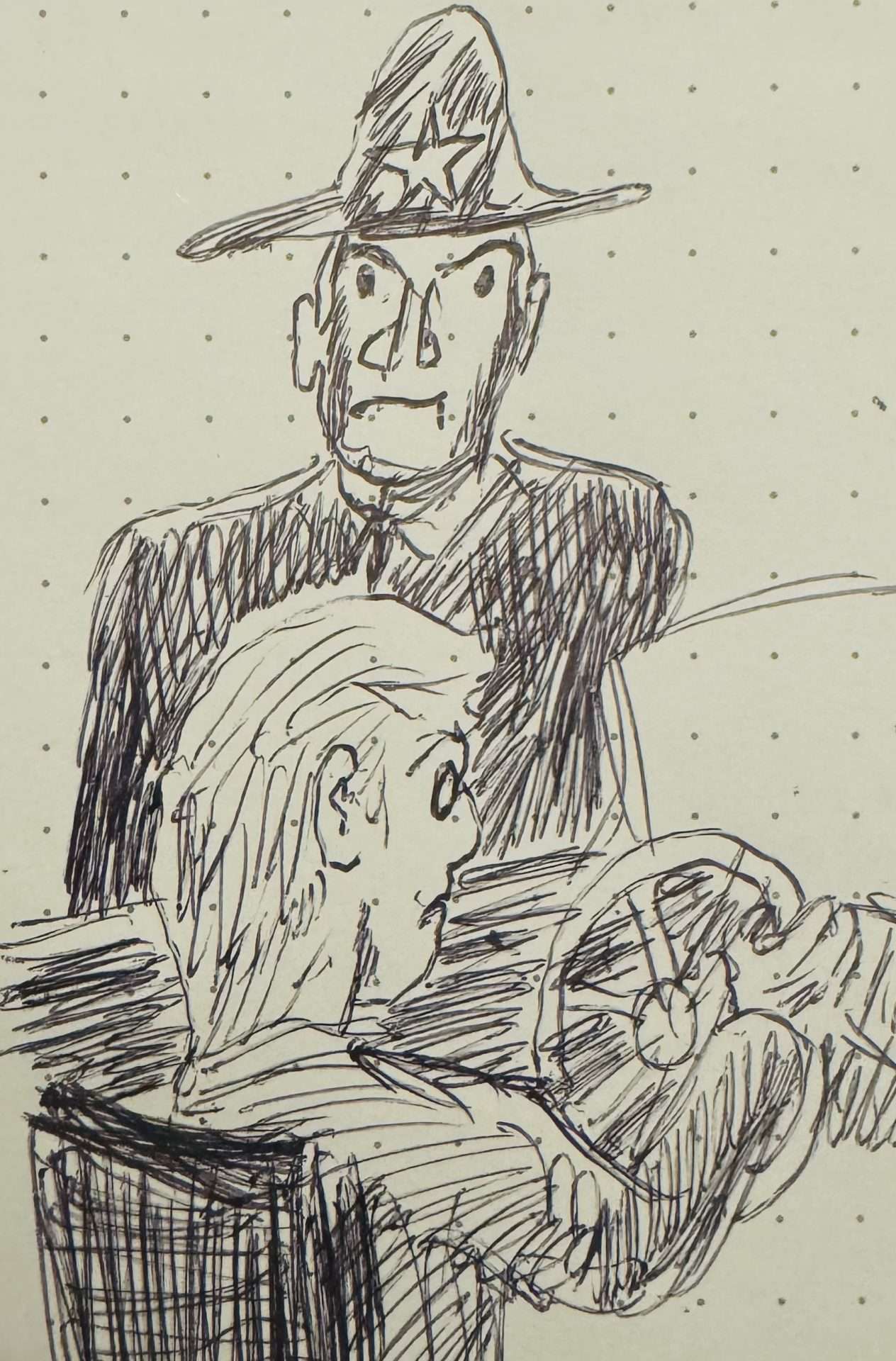An Indelibly Frightening Moment
This narrative recounts a tense encounter with law enforcement during a cross-country drive, highlighting the lingering undercurrents of historical prejudice and the precarious position of outsiders, particularly those perceived as “Yankees,” in the American South. The author, embarking on a cost-effective journey from Miami back to Boston, opted for a drive-away service, ferrying a rental car back to its origin in exchange for travel expenses and a small fee. Forewarned by the rental agent about potential hostility towards drivers with northern license plates, the author meticulously adhered to speed limits, acutely aware of the negative stereotypes associated with Northerners in the South. This cautious approach, however, did not prevent an unsettling encounter with a South Carolina state trooper.
The abrupt appearance of flashing blue lights in the rearview mirror signaled the beginning of an ordeal. Pulled over to the side of the road, the author was met with a stern and accusatory officer, his hand resting ominously on his holstered weapon. Despite maintaining that he hadn’t been speeding, the author was curtly silenced and ordered to produce his driver’s license and identification. The production of a British passport, however, dramatically altered the course of the interaction. The officer’s initial hostility transformed into bewildered surprise upon discovering the driver’s nationality. The revelation of the author’s English origins triggered a sudden shift in the officer’s demeanor, referencing the historical alliance between Great Britain and the Confederacy during the American Civil War. This shared historical context, however distorted, served as a surprising bridge of understanding, diffusing the tension and ultimately leading to an unexpected act of courtesy.
The officer’s newfound camaraderie, rooted in a shared historical narrative, prompted him to offer a personal escort to the North Carolina border, ensuring the author’s safe passage through the remainder of his jurisdiction. This unexpected turn of events, from a potential confrontation to an escorted journey, underscores the complex interplay of regional prejudices, historical memory, and individual biases. The author’s British nationality, initially a source of potential confusion, became an unlikely shield, deflecting the anticipated hostility and transforming the encounter into an example of how shared narratives, even those rooted in historical conflict, can unexpectedly bridge divides.
The author’s relief upon reaching the North Carolina state line was palpable, marked by a period of immobility as the adrenaline subsided. The experience left a lasting impression, a stark reminder of the lingering tensions and prejudices that can surface in unexpected ways. The author’s reflection on the incident reveals a deeper understanding of the potential dangers faced by those perceived as outsiders, particularly in regions with strong historical narratives and ingrained biases. The experience also served as a sobering reminder of the heightened vulnerability faced by Black individuals in similar situations, highlighting the systemic racism that continues to plague the American South.
This narrative, while focusing on a personal anecdote, offers a glimpse into the complexities of identity, prejudice, and the enduring legacy of historical events. The author’s encounter with the South Carolina state trooper serves as a microcosm of the larger societal dynamics at play, revealing how seemingly innocuous factors, such as a license plate or an accent, can trigger deeply ingrained biases and lead to potentially dangerous situations. The unexpected turn of events, facilitated by a shared historical connection, underscores the unpredictable nature of human interaction and the potential for even deeply rooted prejudices to be overcome, albeit temporarily, through unexpected avenues of understanding.
The author’s concluding reflection on the potential fate of a Black driver in the same scenario serves as a poignant reminder of the enduring reality of racial prejudice in America. The narrative, while centered on a personal experience, transcends the individual and offers a commentary on the broader societal landscape, highlighting the ongoing struggle for racial equality and the persistent dangers faced by marginalized communities. The author’s journey, initially undertaken for economic reasons, became a journey of self-discovery, revealing the complexities of identity, prejudice, and the enduring power of historical narratives in shaping contemporary interactions.
Share this content:












Post Comment